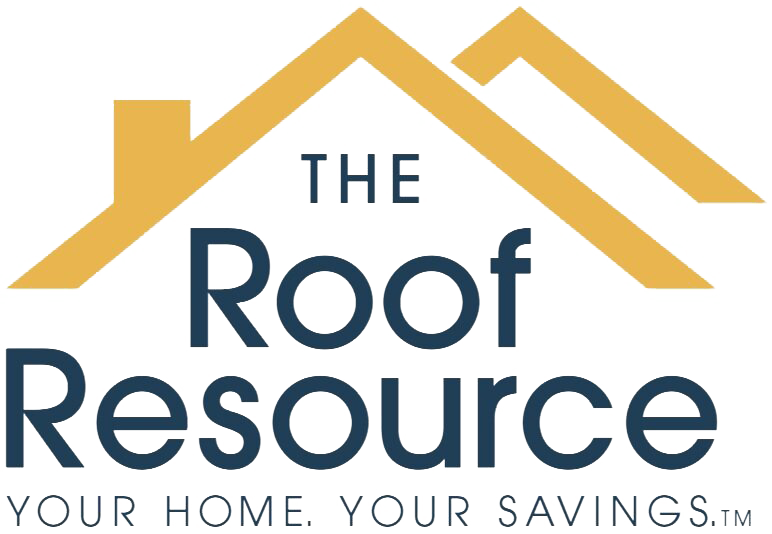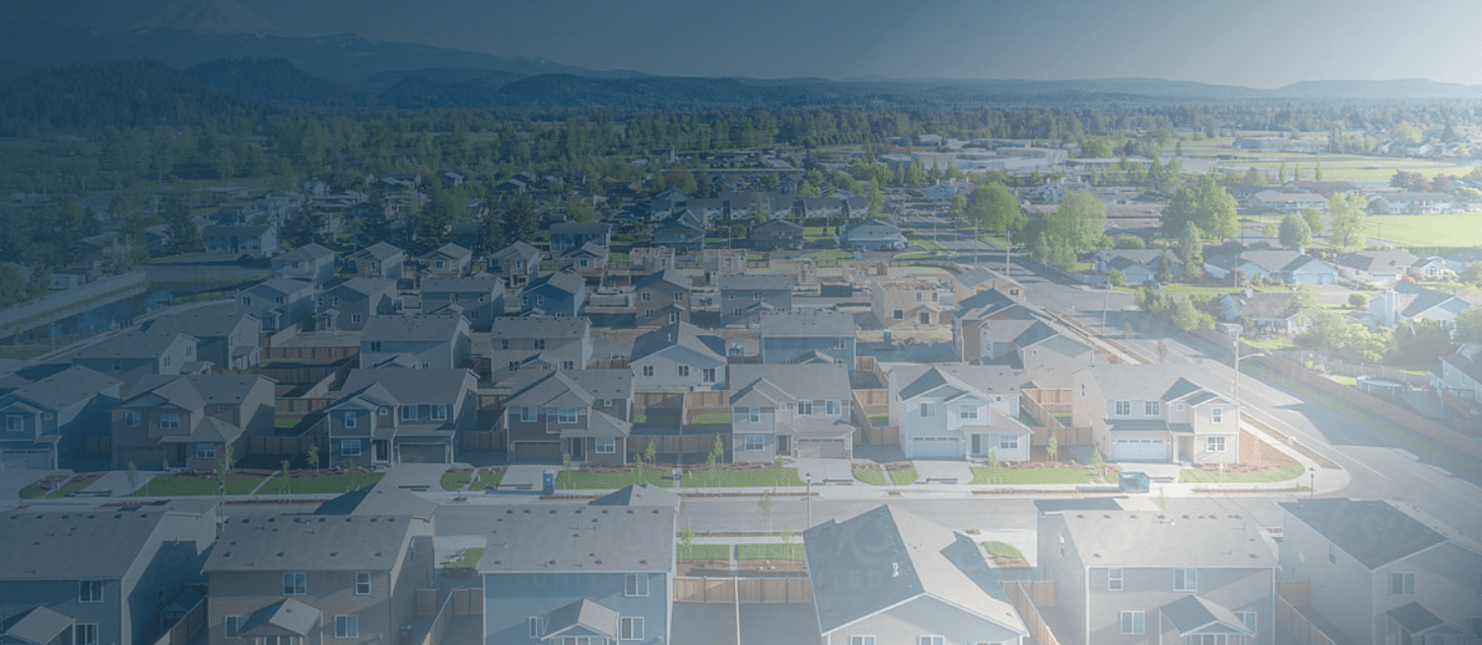Cost Of New Roof in Eastpointe, MI
Expert advice on roof costs. Get your comprehensive guide today!
A new roof is a significant investment for any homeowner. The cost of a new roof in Eastpointe, MI, can vary depending on several factors such as materials, labor, and the size and complexity of the project. Evaluating the cost of a new roof requires careful consideration and appreciating of the different elements involved in the process. This guide aims to provide homeowners in Eastpointe, MI, with essential information on evaluating the cost of a new roof, enabling them to make informed decisions about their home improvement projects.
Factors Affecting the Cost of a New Roof
Several factors contribute to the overall cost of a new roof. Understanding these factors is crucial in evaluating the expenses associated with a roof replacement.
Materials: The choice of roofing materials significantly impacts the overall cost of a new roof. Different materials, such as asphalt shingles, metal, wood, and clay tiles, come with varying price points and installation costs.
Roof Size and Complexity: The size and complexity of the roof’s design play a critical role in determining the cost of a replacement. A larger or intricately designed roof may require more labor and materials, consequently increasing the overall expenses.
Labor Costs: The cost of labor for installing a new roof can vary based on the local labor market, the experience of the roofing contractors, and the complexity of the project.
Additional Features: Factors such as the presence of skylights, chimneys, and ventilation systems might add to the overall cost of a new roof.
Selecting the Right Roofing Contractor
Choosing the right roofing contractor is essential in ensuring a successful and cost-effective new roof installation. When evaluating potential contractors, consider the following:
Credentials and Experience: Look for contractors with a valid license, insurance, and a proven track record of successful roof installations. Experience in working with the specific roofing materials you intend to use is also important.
References and Reviews: Request references from previous clients and read online reviews to gauge the reputation and reliability of the roofing contractor.
Detailed Estimates: Obtain detailed estimates from multiple contractors, ensuring that they include the cost of materials, labor, and any additional expenses.
Communication and Transparency: Clear communication and transparency regarding the project timeline, potential additional costs, and warranties are essential when selecting a roofing contractor.
Roofing Material Costs
The choice of roofing materials significantly influences the cost of a new roof. Here’s a closer look at the different materials and their associated expenses:
Asphalt Shingles: Asphalt shingles are a popular and cost-effective roofing option. The cost varies based on the quality and style of the shingles, with architectural shingles typically being more expensive than three-tab shingles.
Metal Roofing: Metal roofs offer durability and energy efficiency, but they generally come with a higher upfront cost compared to asphalt shingles. Factors such as the type of metal and the complexity of the installation can impact the overall expenses.
Wood and Cedar Shingles: Wood and cedar shingles provide a rustic and natural aesthetic but are typically more expensive to install compared to asphalt shingles. The costs vary based on the grade and source of the wood.
Clay or Concrete Tiles: Clay and concrete tiles are durable and offer a distinctive look, but they are among the most expensive roofing materials due to their higher upfront costs and labor-intensive installation process.
Evaluating Long-Term Costs
When considering the cost of a new roof, it’s important to evaluate the long-term expenses associated with each roofing material. Factors such as maintenance, longevity, and energy efficiency can impact the overall cost of owning a roof over its projected lifespan.
Longevity: Different roofing materials have varying lifespans. While asphalt shingles may need replacement every 15-20 years, metal roofs and clay tiles can last 50 years or more, potentially reducing long-term replacement costs.
Maintenance and Repairs: Consider the ongoing maintenance requirements and potential repair costs associated with each roofing material. Some materials may require more frequent maintenance, adding to the overall cost over time.
Energy Efficiency: Energy-efficient roofing materials can lead to reduced heating and cooling costs, providing long-term savings that offset the initial installation expenses.
To summarize
Evaluating the cost of a new roof involves careful consideration of multiple factors, including materials, labor, and long-term expenses. nderstanding these elements and selecting the right roofing contractor, homeowners in Eastpointe, MI, can make informed decisions about their roof replacement projects, ensuring that they receive the best value for their investment.


